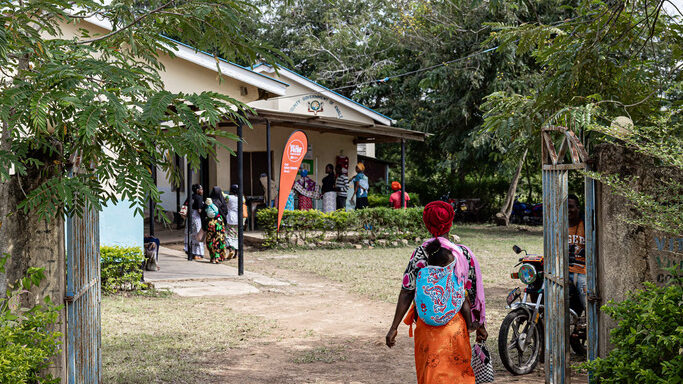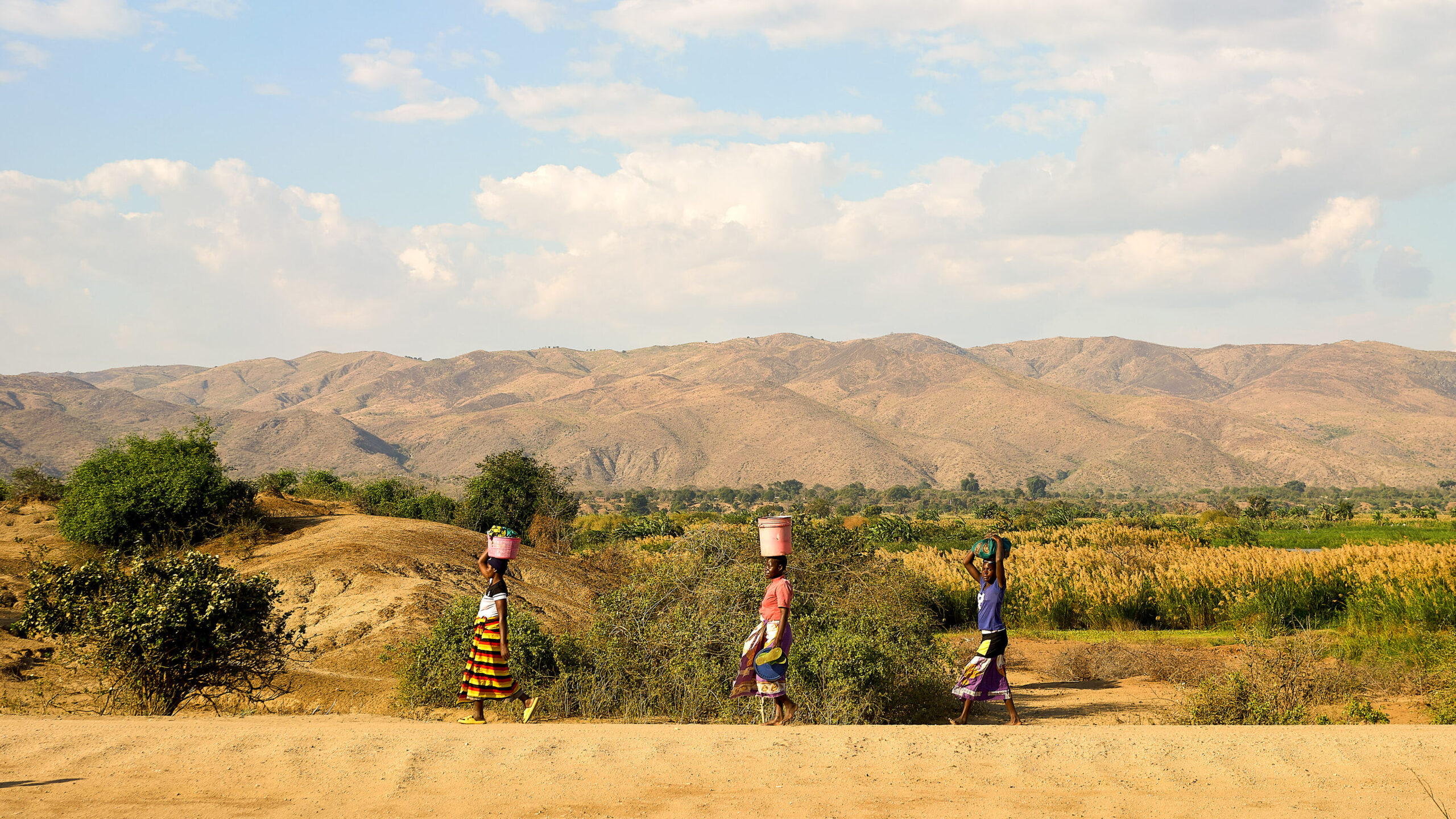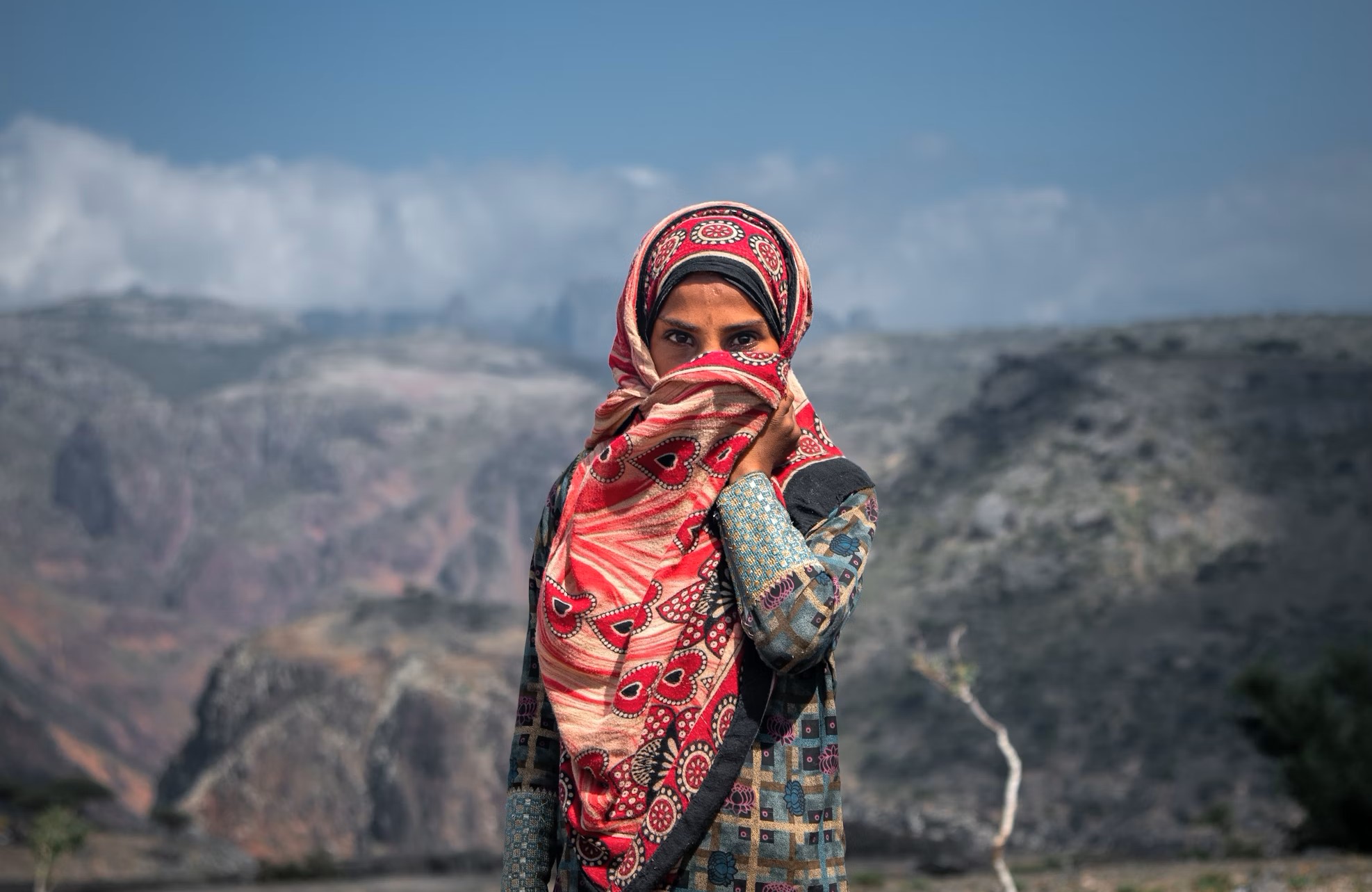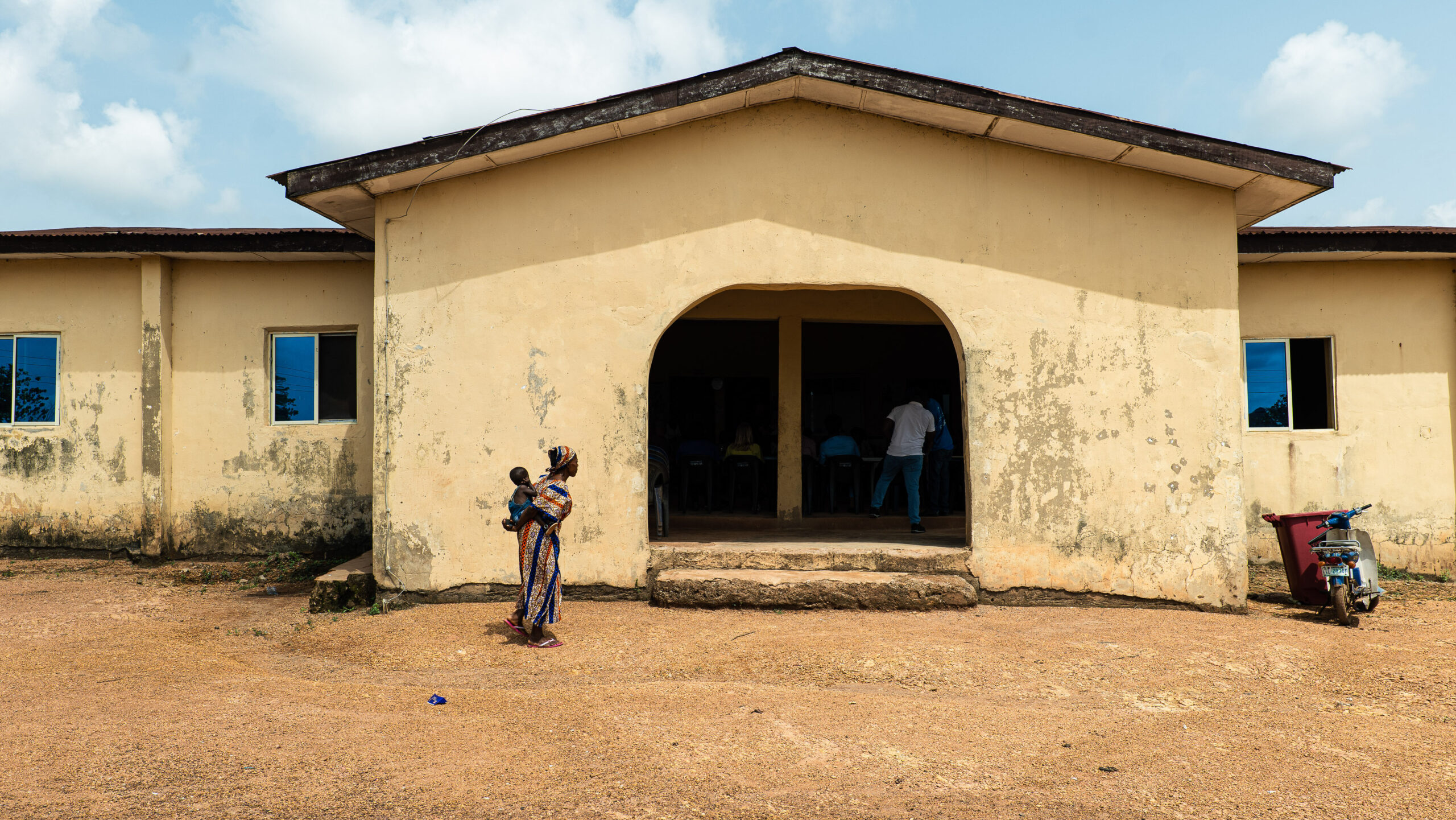
For World Humanitarian Day, the leader of a team of MSI Ladies (midwives and nurses) in northern Nigeria speaks about her experience growing up and working amidst violent conflict.
As a midwife in northern Nigeria, I have witnessed how in times of crisis, the need for sexual and reproductive healthcare rises while access falls. Crises and conflicts expose women and girls to heightened risks such as pregnancy complications and gender-based violence. But as health systems crumble, midwives are often the first to step in.
My experiences growing up in northern Nigeria where Boko Haram originated inspired my passion for supporting women and girls. Today, over a decade on from the abduction of 276 schoolgirls from Chibok in Borno that sparked a global outcry and the campaign #BringBackOurGirls, the attacks and kidnapping persist. Strikes by insurgent groups leave some communities cut off from electricity and communications and others with nothing but to start their lives from scratch.
Although travelling can be dangerous, my team of roving nurses and midwives in Borno and Yobe are determined to do what we can to help. Without contraception, women who have already lost everything else are denied control of their own bodies, putting their health, lives, and futures at even more risk. But with it they have a chance to get back on their feet. Being able to plan their futures is the best gift we can give them.
Recently an MSI Lady, one of the midwives in my team in Yobe State, was caught up in the violence. She told me:
“I heard screaming and shots being fired. When I looked outside, I could see houses being torched and people running for their lives. I was terrified and fled with no idea where I was going. Luckily, the head of the village, who I had spoken to that morning, found me a room where I could hide. He saved my life that day and made sure that I was looked after.”
Not everyone is so lucky. Conflict and violence have forced over 3 million people to flee their homes, with half now living in camps in Borno State. We do all we can to help, working in six camps for internally displaced people where we provide women with menstrual hygiene products, family planning services and counselling, and referring survivors of sexual violence for mental health support. It can often be over an hour’s ride on motorbike but it’s crucial that we can support them.
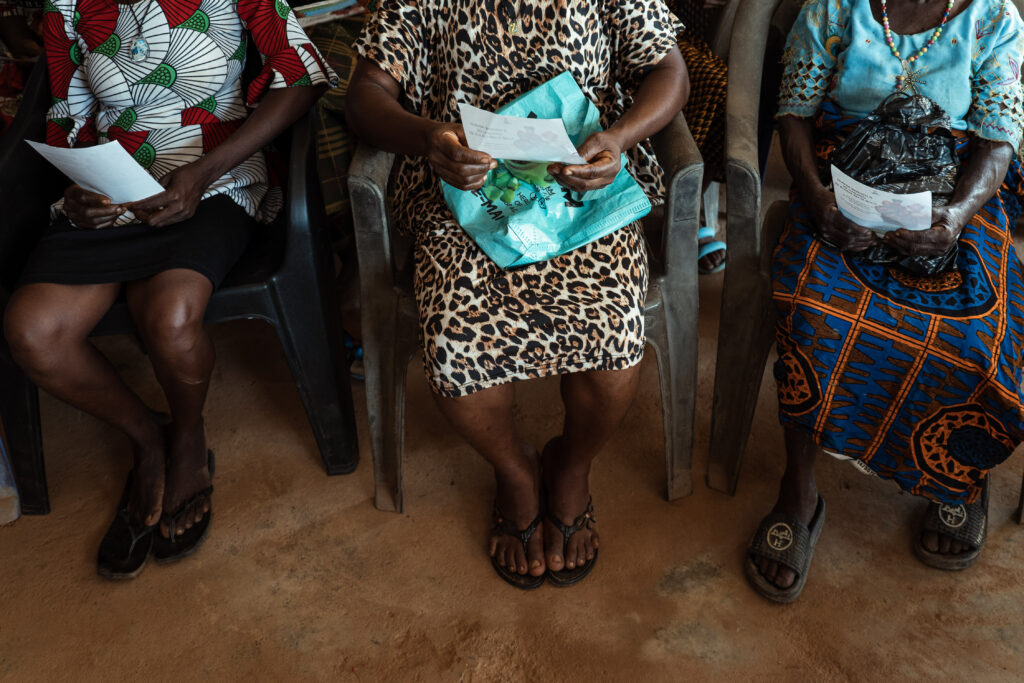
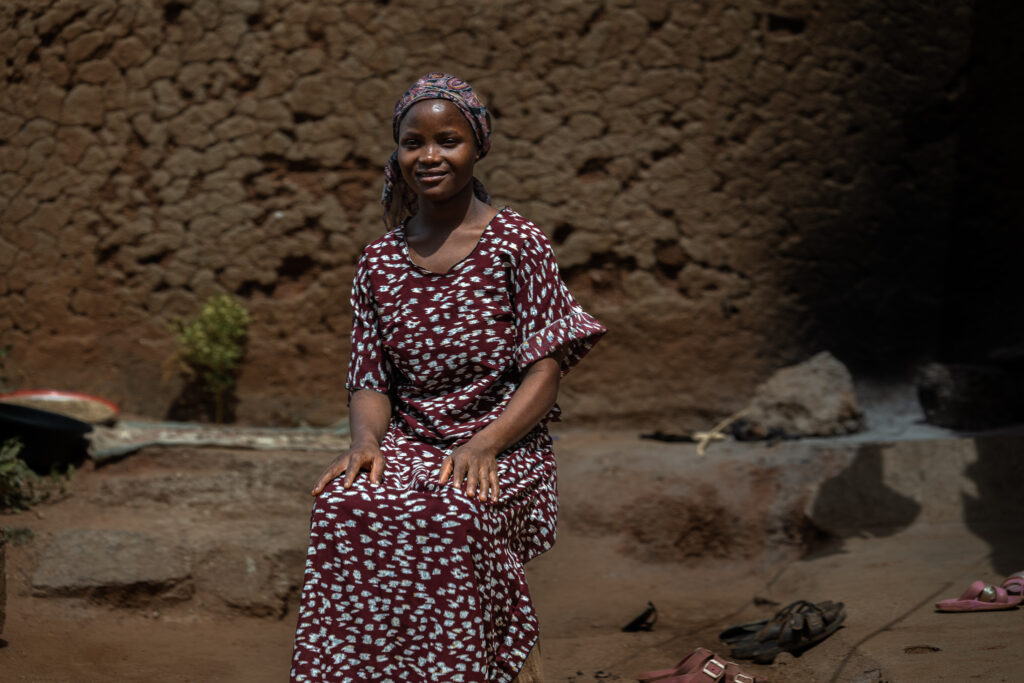
Women and girls have been ripped from their homes and their communities by the violence. Some have experienced great trauma. These experiences are compounded by poverty, hunger, and the financial pressures of inflated prices. Becoming pregnant during crisis situations like these can worsen the hardships women are already facing, and it can also be deadly, with 60% of maternal deaths occurring in fragile settings. Having access to contraception supports women to take control of their lives and their futures.
However, the ongoing stigma and myths around family planning prevent people from accessing the contraception they want and need. I often hear from women who are afraid that using contraception will make them infertile. That’s why my role is so important.
MSI Ladies provide accurate information about sexual and reproductive healthcare, and we do it discreetly, in a way that respects women’s dignity and confidentiality. Women come to our houses and the homes of the locals who are hosting us in harder to reach communities or IDP camps. They come morning, noon and night because they trust us and are free to make the choice that is right for them. It is so uplifting to see people who once shunned contraception due to misconceptions, now recommending it to people they know.
Every time violence breaks out, the pain I feel is all-consuming. I think of the women who need us. Especially when we hear of groups using sexual violence as a brutal weapon. But it is also what keeps us going. In some communities we are the only people offering this care and the relief on women’s faces when they see us drives us forward. I know that every day I am improving women’s health and protecting their lives, and I will not stop until everyone who wants contraception is able to get it.
The author of this piece wishes to stay anonymous.






